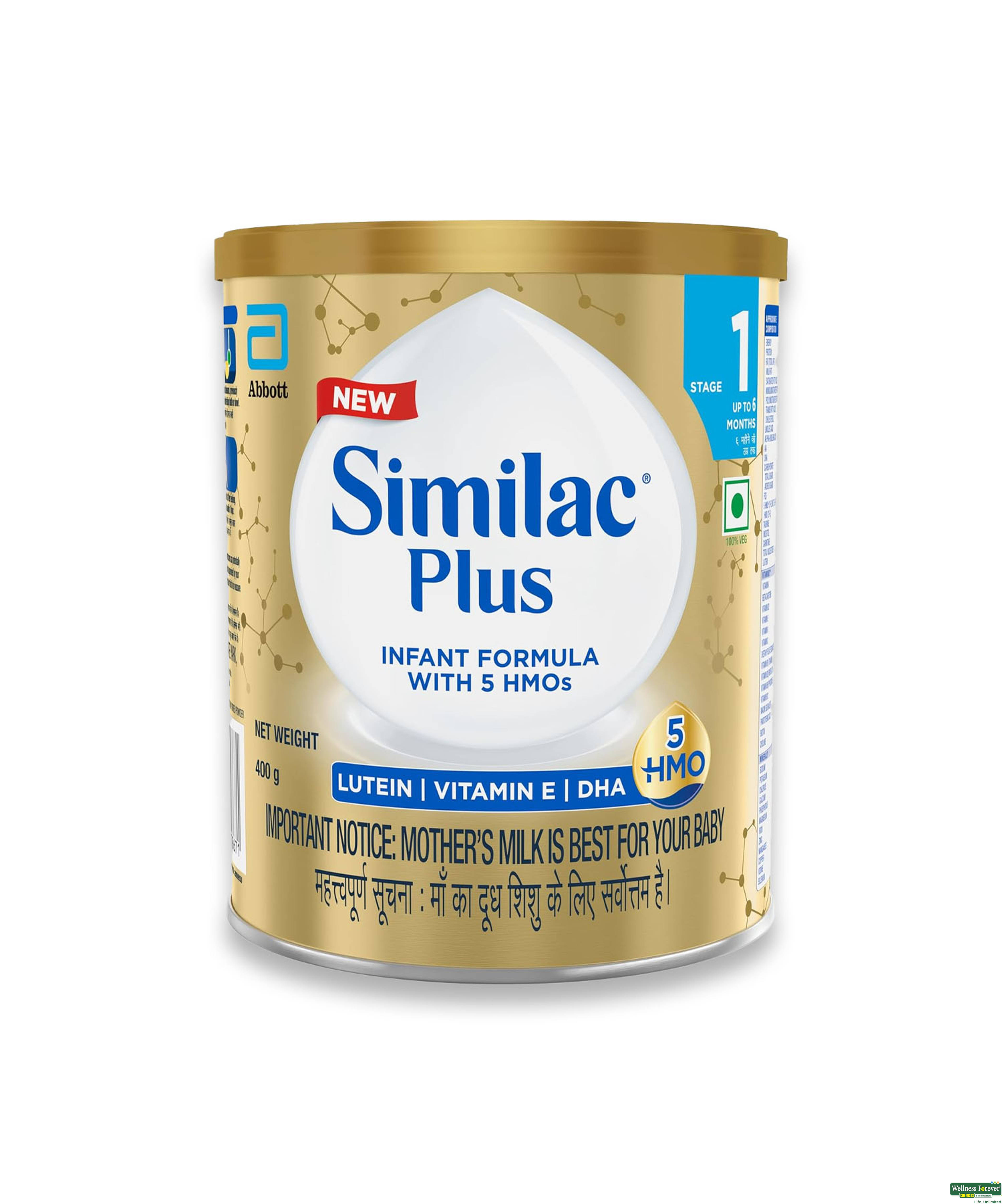Baby Formula
FILTERS
Category
Brands
SIMILAC
12
APTAMIL
9
DEXOLAC
6
NAN
6
LACTOGEN
5
LACTODEX
4
NAN PRO
3
NESTOGEN
2
NESTUM
2
AMUL
1
ISOMIL
1
MMS
1
NANGROW
1
NUSOBEE
1
NUTRICIA NEOCATE
1
PRE NAN
1
Sort By
Baby Formula

Aptamil Gold 1 Follow up Infant Formula Powder Tin 400g
₹995
Delivery within

Similac Plus Stage 1 Nve Tin 400g
₹995
Delivery within

Aptamil Preterm Powder 400g
₹810
Delivery within

Mms-1 Infant Gold Powder 400Gm
₹945
₹898
Delivery within

Lactodex 1 Starter Formula Up to 6 Months 450g
₹565
Delivery within

Aptamil Stage 1 Infant Formula Powder 400g
₹995
Delivery within

Aptamil Stage 3 Infant Formula Powder 400g
₹995
Delivery within

Abbott Similac Isomil Soy Infant Formula Powder Tin 400g
₹675
Delivery within

Dexolac Stage 2 Infant Formula Powder 400g
₹490
Delivery within

Amulspray Infant Milk Food Tin 500g
₹243
Delivery within

Lactodex 2 Follow-Up Formula 6M+ 500g
₹565
Delivery within

Nestle Nestum Rice Stage 1 Baby Cereal Refill Pack 300g
₹199
Delivery within

Neocate LCP Infant Formula Powder 400g
₹3300
Delivery within

Dexolac Stage 3 Infant Milk Formula Powder 400g
₹490
Delivery within

Nestle Nan Pro 1 Follow-Up Formula Powder Tin Pack 400g
₹975
Delivery within






